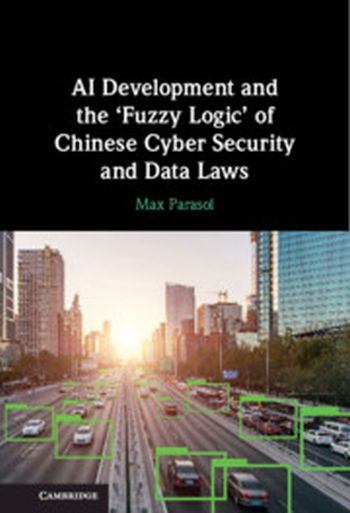
The book examines the extent to which Chinese cyber and network security laws and policies act as a constraint on the emergence of Chinese entrepreneurialism and innovation. Specifically, how the contradictions and tensions between data localisation laws (as part of Network Sovereignty policies) affect innovation in artificial intelligence (AI). The book surveys the globalised R&D networks, and how the increasing use of open-source platforms by leading Chinese AI firms during 2017–2020, exacerbated the apparent contradiction between Network Sovereignty and Chinese innovation. The drafting of the Cyber Security Law did not anticipate the changing nature of globalised AI innovation. It is argued that the deliberate deployment of what the book refers to as 'fuzzy logic' in drafting the Cyber Security Law allowed regulators to subsequently interpret key terms regarding data in that Law in a fluid and flexible fashion to benefit Chinese innovation.